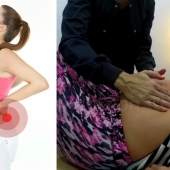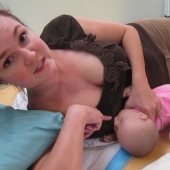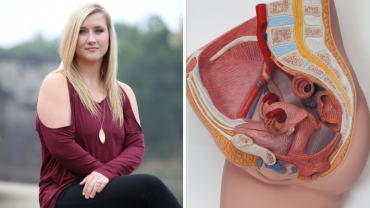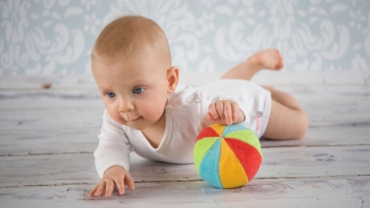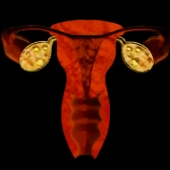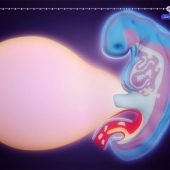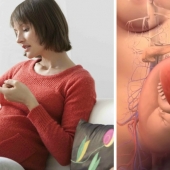The placenta is a flattened circular organ in the uterus of pregnant mammals that nourishes and maintains the fetus through the umbilical cord. This cord is the main link from the fetus to the placenta. Through it, the placenta provides oxygen and nutrients to the growing baby and removes waste products.
The placenta grows throughout pregnancy. Development of the maternal blood supply to the placenta is complete by the end of the first trimester of pregnancy (approximately 12–13 weeks).
Placental expulsion begins as a physiological separation from the wall of the uterus. The period from just after the child is born until just after the placenta is expelled is called the "third stage of labor". The placenta is usually expelled within 15–30 minutes of birth.
- 3749 views

